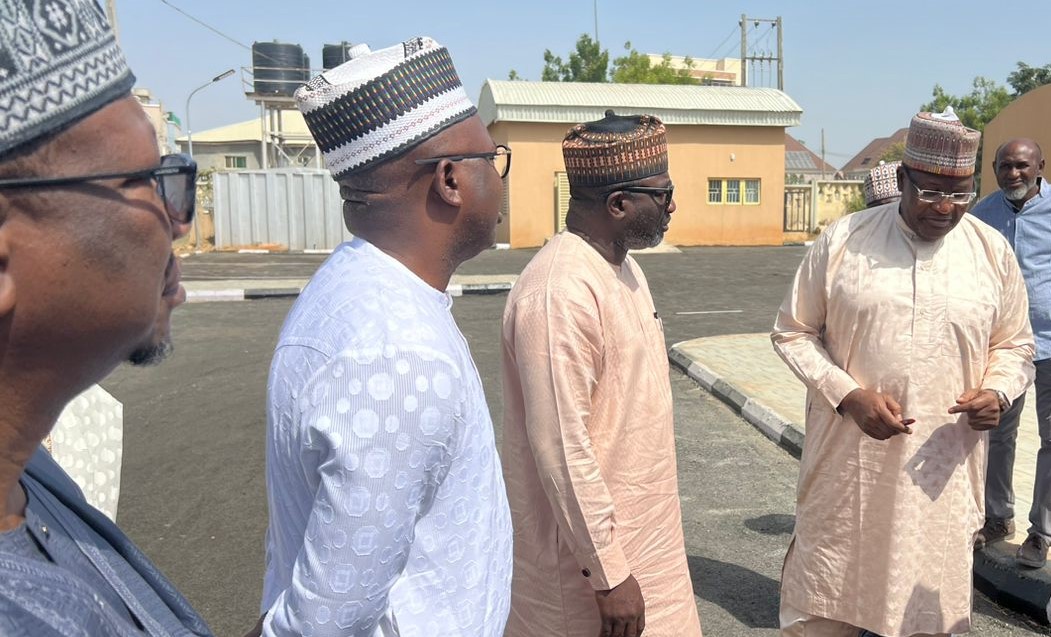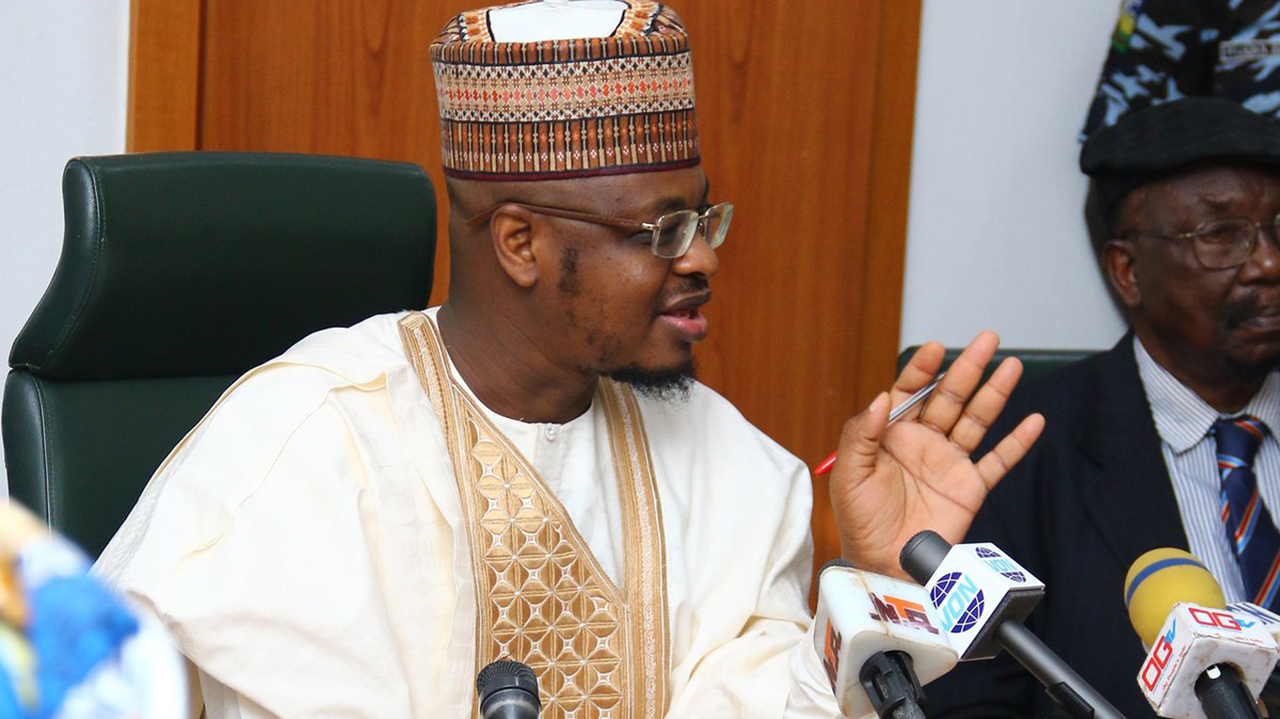Indications have emerged that come December 2016, Africa is expected to cross one billion mobile subscriptions to hit about 1.02 billion.
A market research conducted by a global market research and advisory firm, Ovum, said the total number of mobile subscriptions on the continent will rise to 1.33 billion at the end of 2021.
But Ovum was quick to add that growth in new mobile subscriptions is slowing down; due to the average rate of mobile penetration in Africa was 79% at the end of June. Mobile voice revenue on the continent is set to decline over the five years to 2021 as data traffic surges.
The group said due to high investments in broadband and last mile connectivity in parts of Africa, data connections, as well as data and digital service revenue, will drive the next phase of growth in Africa’s telecoms market. The take-up of mobile broadband will rise strongly, as operators continue to roll out 3G and 4G LTE networks, and as smartphones become increasingly affordable.
Ovum also argued that there will be one billion mobile broadband connections in Africa in 2021, including 157.4 million 4G LTE connections.
Besides, the report revealed further that the number of smartphone connections on the continent will reach 929.9 million at the end of 2021, it notes, adding non-SMS mobile data revenue in Africa will rise from $6.40 billion in 2015 to $27.56 billion in 2021, a compound annual growth rate of 27.6%.
Whereas the number of fixed broadband connections in Africa is also expected to increase significantly over the coming years, it will rise from 13.78 million at the end of 2016 to 19.97 million at the end of 2021.
Other indices looking up include the number of fibre and fixed LTE connections, but DSL will remain the dominant fixed broadband technology on the continent, accounting for 70.7% of African fixed broadband connections in 2021.
However, upon the progress being made in connecting Africa, the continent ranks second lowest among world regions in its broadband development, according to Ovum’s Broadband Development Index (BDI), which measures countries and world regions based on their adoption of high-speed broadband.
Currently Africa have a BDI score of 232 out of 1 000 at the end of 2015, with Central and Southern Asia being the only region to record a lower score.
Ovum noted that whereas Mauritius is the highest ranked African country in the BDI, with a score of 279 out of 1,000 at the end of 2015, South Africa, Tunisia, Algeria and Namibia followed in that hierarchy while is at a distant 1oth position.









